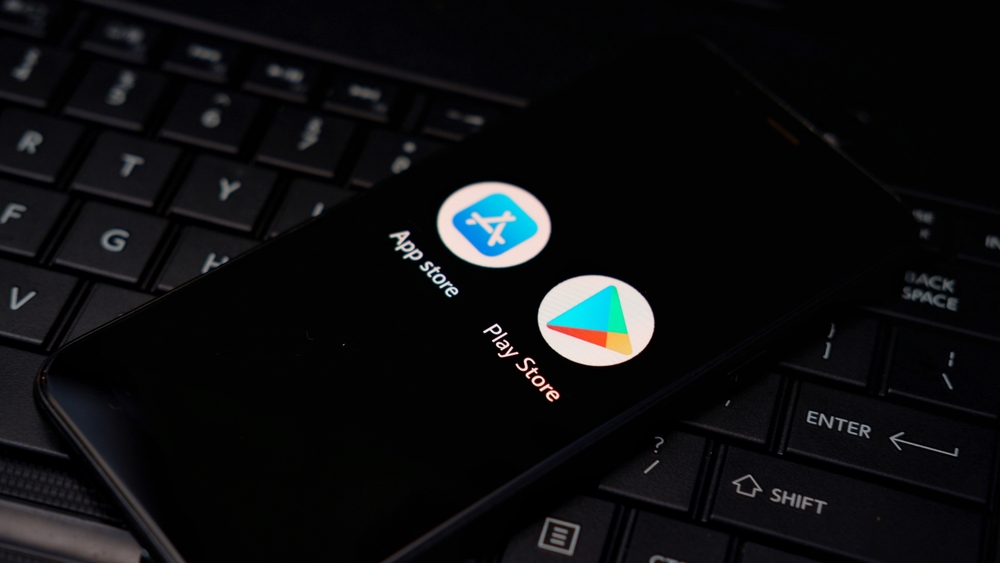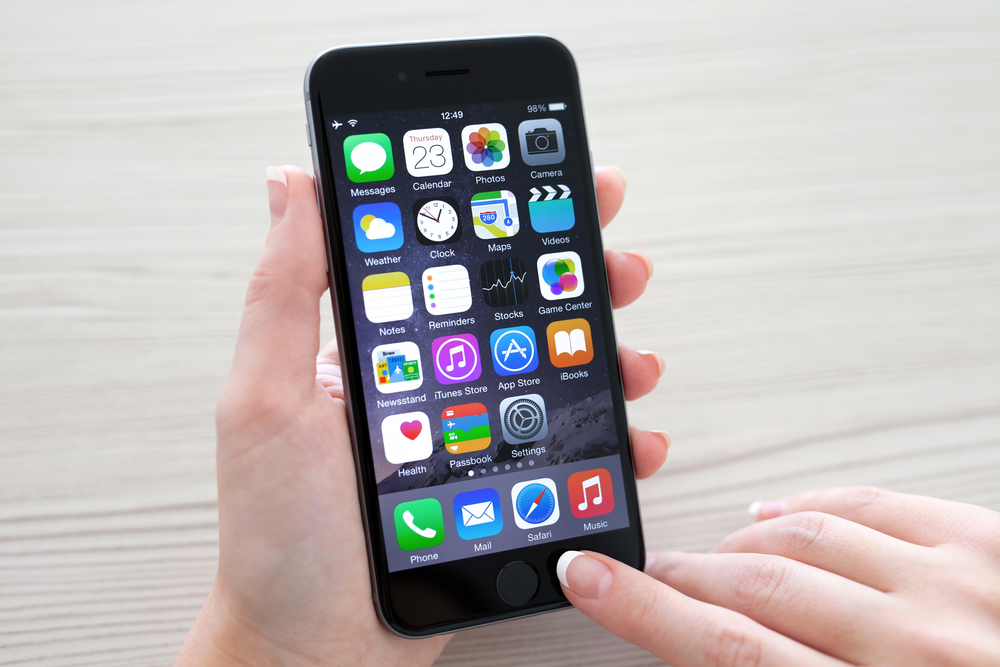
Mastering Mobile App Marketing: Proven Tips and Tricks for Promoting Success

Welcome to the world of mobile apps! In today's technological landscape, mobile apps have become an integral part of our lives. Whether it's for entertainment, productivity, or communication, there is a mobile app for almost everything. However, with millions of apps available on various platforms, it's crucial to have a strong marketing strategy to stand out and reach your target audience. In this article, we will explore proven tips and tricks for promoting success in mobile iOS or Android app marketing.
Understanding the Mobile App Market
Before delving into mobile app marketing, it's essential to understand the mobile Google Play or App Store app market landscape. The competition is fierce, and users have high expectations when it comes to app performance, design, and usefulness. This understanding will help you tailor your marketing efforts to resonate with your audience.
Building a Strong Brand
Branding plays a vital role in attracting and retaining users. A strong brand creates trust, credibility, and loyalty. Start by defining your app's target audience and unique selling proposition (USP). Craft a compelling brand story that communicates the value your app provides to users. Utilize cohesive visuals, such as an eye-catching logo and consistent color scheme, to create a recognizable brand identity.
Optimizing for App Stores
App store optimization (ASO) is crucial for driving organic traffic to your mobile app . Start by conducting keyword research to identify relevant keywords that users are searching for. Incorporate these keywords strategically in your app's title, description, and keyword field. Use compelling screenshots and videos to showcase the app's features and benefits. Encourage satisfied users to leave positive reviews and ratings to boost your app's credibility and visibility in the app stores.
Creating a Seamless User Experience
A positive user experience is essential to the success of your mobile Android or iOS app . Ensure that your app is user-friendly, intuitive, and visually appealing. Invest in thorough testing to identify and fix any bugs or glitches that could hinder the user experience. Implement features that enhance user engagement and retention, such as push notifications, personalized recommendations, and social sharing functionality. Continuously collect and analyze user feedback to make iterative improvements.
Implementing App Analytics
Data-driven decision-making is crucial in mobile App Store or Google Play app marketing. Implement app analytics tools to gain insights into user behavior, demographics, and preferences. These tools help you track key performance indicators (KPIs) such as app downloads, user retention rates, average session duration, and in-app purchases. Analyzing this data allows you to identify areas for improvement and optimize your marketing efforts accordingly.
Leveraging Social Media
Social media platforms offer powerful channels for promoting your mobile app. Identify the platforms that align with your target audience and engage with them through relevant content. Create a brand presence by sharing app updates, behind-the-scenes insights, user testimonials, and informative blog posts. Collaborate with influencers or micro-influencers in your niche to expand your app's reach. Encourage users to share their experiences and promote your app organically.
Investing in Paid Advertising
While organic marketing strategies are effective, investing in paid advertising can significantly boost your visibility and reach. Platforms such as Google Ads and social media advertising offer targeted advertising options to reach your ideal users. Set clear advertising objectives and allocate a budget for each campaign. Monitor and analyze campaign performance, adjusting targeting and messaging as needed to optimize your return on investment (ROI).
Frequently Asked Questions
1. How long does it take to see results from mobile app marketing?
The time it takes to see results from mobile app marketing can vary depending on various factors such as the app's niche, competition, marketing efforts, and user demand. It's important to be patient and consistently evaluate and optimize your strategies to drive success.
2. Is app store optimization a one-time process?
No, app store optimization is an ongoing process. App store algorithms and user behavior evolve over time, so it's crucial to adapt and optimize your app store listing periodically. Regularly analyze keyword performance, user reviews, and industry trends to stay ahead.
3. How can I encourage user reviews and ratings for my app?
You can encourage user reviews and ratings by implementing in-app prompts at appropriate moments, such as after a successful transaction or completion of a task. Make the process as seamless as possible, and consider offering incentives or rewards for leaving reviews. Remember to prioritize providing an excellent user experience to garner positive feedback.
4. What metrics should I track in app analytics?
Key metrics to track in app analytics include app downloads, user retention rates, average session duration, screen flow, conversion rates, and in-app purchases. These metrics provide insights into user engagement, satisfaction, and revenue generation, allowing you to make data-driven decisions.
5. How can I optimize my paid advertising campaigns?
To optimize your paid advertising campaigns, start by setting clear objectives and defining your target audience. Test different ad creatives, messaging, and targeting approaches to identify what resonates best with your target users. Continuously monitor campaign performance and make data-driven adjustments to maximize ROI.
In conclusion, mobile app marketing requires a strategic approach to capture the attention and loyalty of users. Building a strong brand, optimizing your app store presence, delivering a seamless user experience, leveraging app analytics, utilizing social media, and investing in paid advertising are proven tips and tricks that can lead to success. By following these strategies and continually analyzing and optimizing your efforts, you can master the art of mobile app marketing.
Other useful resources
- https://simple.wikipedia.org/wiki/App_Store_(iOS)
- https://en.wikipedia.org/wiki/IOS
- https://www.appguru24.com/services/app-development/